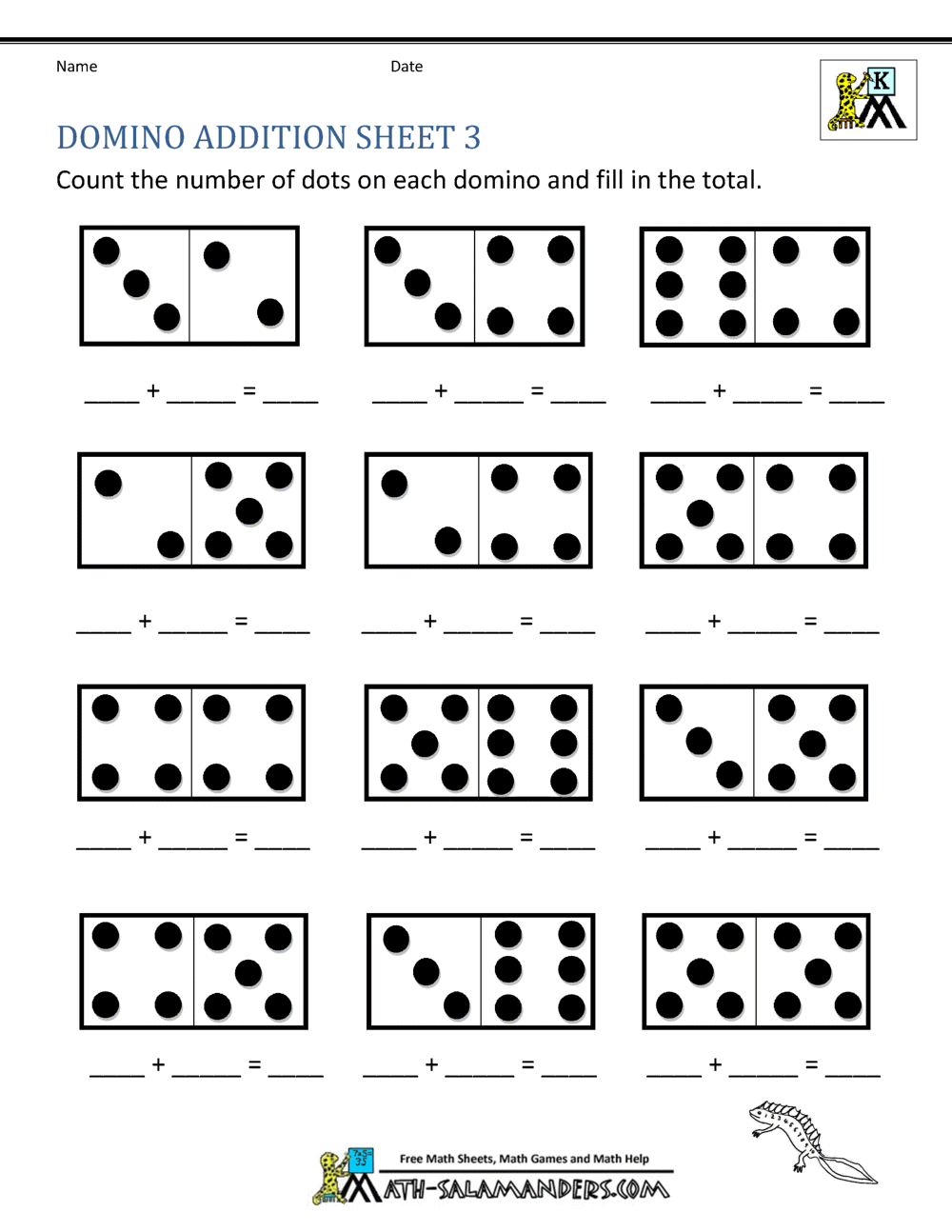Kindergarten Math Games: Seriously, They're Not Lame
So, kindergarten. It’s finger painting, naps, and… math? Yep. Before you envision tiny tots sweating over complex equations, relax. Math in kindergarten is all about building a foundation through play, and that means games. Seriously, these games are a game-changer.
Think back to your own early math experiences. Were they filled with rote memorization and endless worksheets? Hopefully not. But if so, you’ll appreciate the modern approach to early math education, which prioritizes hands-on learning and engagement. Kindergarten math games offer a fun and effective way to introduce key concepts like counting, number recognition, shapes, and spatial reasoning.
The use of games in education isn't new. Froebel, considered the father of kindergarten, championed play-based learning in the 19th century. He understood that children learn best through experience and interaction. This philosophy continues to inform early childhood education, and math games are a prime example of how play can be used to build crucial skills.
A major issue in early math education is making sure kids don't develop a fear or dislike of the subject. Kindergarten math games address this by making learning enjoyable. When kids are having fun, they’re more likely to engage with the material and retain what they learn. This positive early experience sets the stage for future math success.
What exactly are we talking about here? Kindergarten math games encompass a wide range of activities, from simple counting games with fingers or objects to more complex board games that involve strategy and problem-solving. Matching games can help with number recognition, while building block activities can introduce concepts like spatial reasoning and measurement. Even something as simple as a song about shapes can be considered a math game. The key is that these activities are designed to be fun and engaging, making learning feel like play.
One benefit of using math games is increased engagement. Kids are naturally drawn to games, so incorporating them into math lessons makes learning more exciting. For example, a game of "Number Bingo" can be much more captivating than simply reciting numbers. Another benefit is improved problem-solving skills. Many math games require children to think strategically and find solutions, boosting their critical thinking abilities. Finally, these games foster a positive attitude towards math. By making math fun and accessible, children are more likely to develop a love for the subject early on.
Creating an action plan for incorporating math games into your kindergarten classroom or home is easy. Start by assessing your students' or child’s current math skills. Then, choose games that align with their learning needs and interests. Incorporate games regularly into your lesson plans or playtime. Finally, observe and assess the effectiveness of the games, adjusting your approach as needed. A successful example would be using a game like "Count the Bears" to reinforce counting skills after introducing the concept of numbers 1-10.
Advantages and Disadvantages of Math Games for Kindergarten
| Advantages | Disadvantages |
|---|---|
| Increased Engagement | Potential for Distraction |
| Improved Problem-Solving Skills | Requires Preparation and Resources |
| Positive Attitude Towards Math | Can be Time-Consuming |
Five best practices for implementing math games: 1. Keep it short and sweet. Kindergarteners have short attention spans, so keep games concise and focused. 2. Incorporate variety. Different games target different skills, so use a mix of activities. 3. Make it hands-on. Young children learn best through tactile experiences. 4. Encourage collaboration. Games can be a great opportunity for children to learn from each other. 5. Relate games to real-world scenarios. This helps children understand the practical application of math concepts.
Five real examples of kindergarten math games: 1. Counting Bears, 2. Number Bingo, 3. Shape Puzzles, 4. Building Blocks for Measurement, 5. Math Bingo.
Five frequently asked questions: 1. How can I make math fun for my kindergartener? 2. What are some good math games for kindergarten? 3. How often should I use math games with my child? 4. Are there online resources for kindergarten math games? 5. How can I integrate math games into my lesson plans? 6. What if my child doesn’t enjoy math games? 7. How can I assess my child's progress using math games? 8. Are there any age-appropriate math apps?
Tips and tricks for kindergarten math games: Use colorful materials, incorporate music and movement, and provide positive reinforcement. Adapt games to different learning styles and abilities.
In conclusion, kindergarten math games are a powerful tool for building a strong foundation in early math. They foster engagement, improve problem-solving skills, and create a positive association with the subject. By incorporating these games into the classroom or home environment, we can help young children develop a love for math and set them up for success in future learning. From simple counting games to more complex activities, the possibilities are endless. Remember to choose games that align with your child's learning needs and interests, keep it fun, and watch their math skills blossom. The early years are crucial for shaping a child’s attitude towards learning, and making math enjoyable is a gift that will keep on giving. Invest in some fun math games and watch the magic unfold as your kindergartener discovers the joy of numbers.
Medicare part d without part b
Understanding liquid ring vacuum pumps
Decoding negative numbers mastering addition and subtraction













